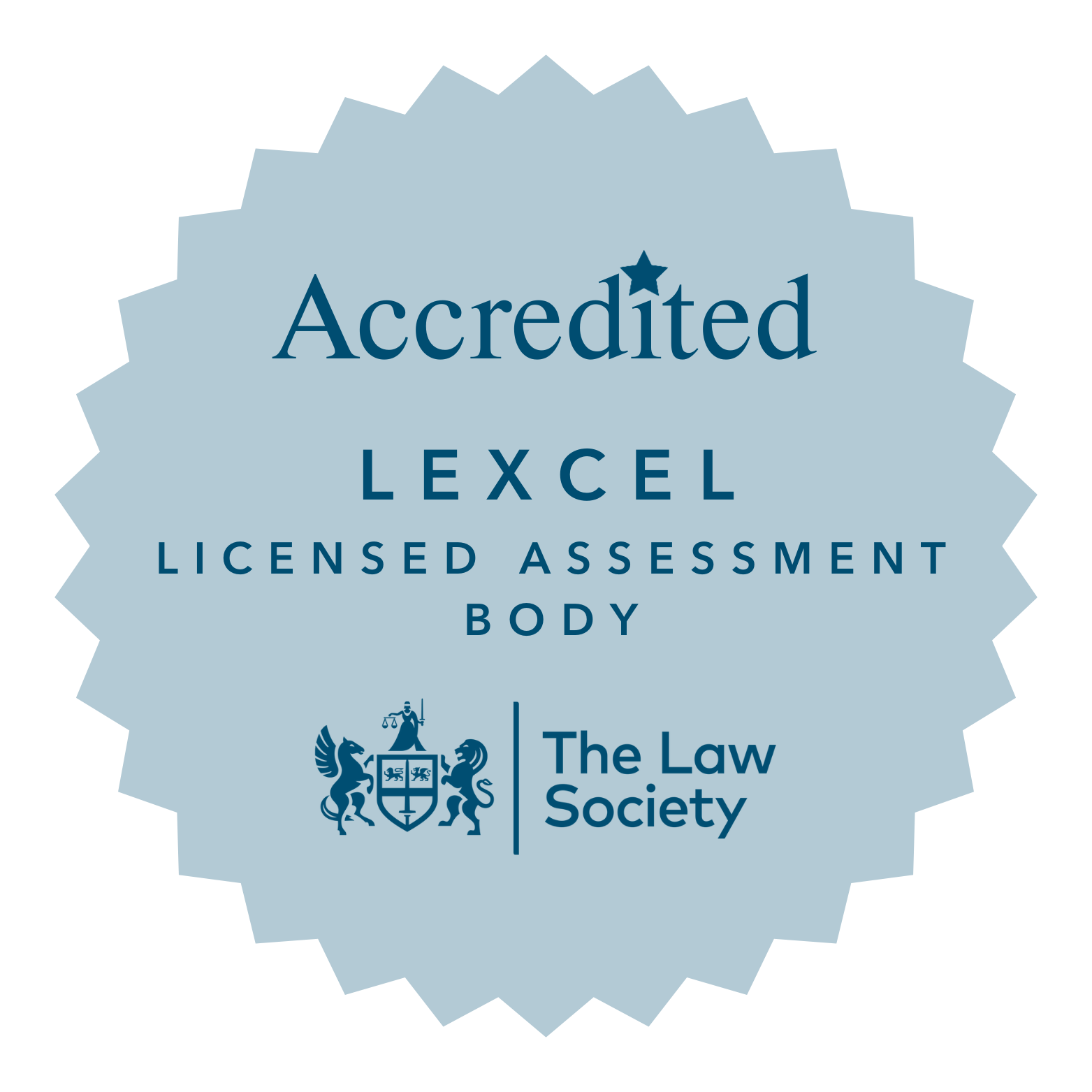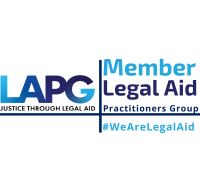Background to the case
In January 1998 AM was made the subject of a hospital order with a restriction order (section 37/41) under the Mental Health Act 1983.
In April 2011 AM’s case was referred to the First-tier Mental Health Tribunal by the Secretary of State. AM was represented at this hearing by Ms Sheetal Shah of Creighton & Partners Solicitors who on AM’s instructions argued that the tribunal should direct a conditional discharge or an absolute discharge .
A Psychiatric, Nursing and Social Circumstances report had been submitted prior to the hearing, however, the Social Circumstances report did not aptly deal with possible aftercare provisions available for AM in the case of discharge. In addition, the author of the Social Circumstances report did not attend the hearing and the social worker who did could not provide any further information. Ms Shah applied twice for an adjournment for this information to be provided, however, the tribunal refused to do so stating that they felt it was unnecessary in the light of the decision that the patient should remain detained.
Appeal to the Upper Tribunal
Creighton & Partners Appealed to the Upper Tribunal arguing that the decision of the First-tier tribunal was not in line with the Tribunal Procedure Rules 2008 or the Code of Practice which clearly identify the need for aftercare information to be provided in advance of the tribunal hearing. It was also argued that this information was needed to ensure equality of arms for AM in his hearing and thus a fair hearing as per Article 6. In addition, the tribunal’s reasoning for refusing an adjournment, that they felt it was unnecessary in the light of the decision that the patient should remain detained, meant that the tribunal had assumed what it had to decide and thus the information was not relevant as AM was to remain detained in hospital.
The appeal was dismissed by a decision of Upper Tribunal Judge Jacobs dated 8th October 2012. Permission was then sought to appeal to the Court of Appeal but was refused on the papers by Sir Stanley Burton and at an oral hearing before Lord Justice Richards on 10th July 2013.
Whilst acknowledging that aftercare information should be provided and the need for caution in reaching a conclusion that information about aftercare could make no difference, Lord Justice Richards held that ‘it must, as a matter of principle, be open to a Tribunal to conclude in the circumstances of a particular case that information or better information of aftercare is incapable of affecting the decision, and that an adjournment to secure its provision could achieve nothing beyond additional expense and delay and would therefore be inappropriate.’ Lord Justice Richards held that this was such a case.
A full transcript of this decision can be found here.
Implications
We are incredibly disappointed with this decision which will affect a large number of patients detained in hospitals across the country. Following this decision, tribunals are now able to make a judgment on whether they view information on aftercare as capable of affecting whether a patient shall remain detained in hospital without in fact having knowledge of what that evidence would be. In doing so the tribunal are effectively making a decision on whether or not the client is likely to be discharged prior to any hearing or whether they are entitled to evidence which may have the effect of improving their case for liberty.
The Code of Practice and Tribunal Procedure Rules are in place to protect the rights of those detained in hospital and ensure as far as possible that they have access to a fair hearing. The provision of aftercare information gives a person deprived of his liberty in a mental hospital the chance to argue that other, less restrictive means would suffice to provide him with treatment and manage his risk. If information about that aftercare is not given to the patient or the tribunal, then that important means of arguing for his liberty is denied to the patient.
Since this decision, Creighton & Partners have come across a number of cases where there are no social workers allocated to hospital wards and thus it is increasingly the case that limited or no aftercare information is available. It remains to be seen whether further cases of this nature will be brought to the attention of the court.
Counsel are currently considering the merits of pursuing this matter in the European Court of Human Rights
For further discussion on this case please contact Sheetal Shah, Lead Solicitor here.
Laura Gibbons, Mental Health Paralegal
Creighton & Partners


